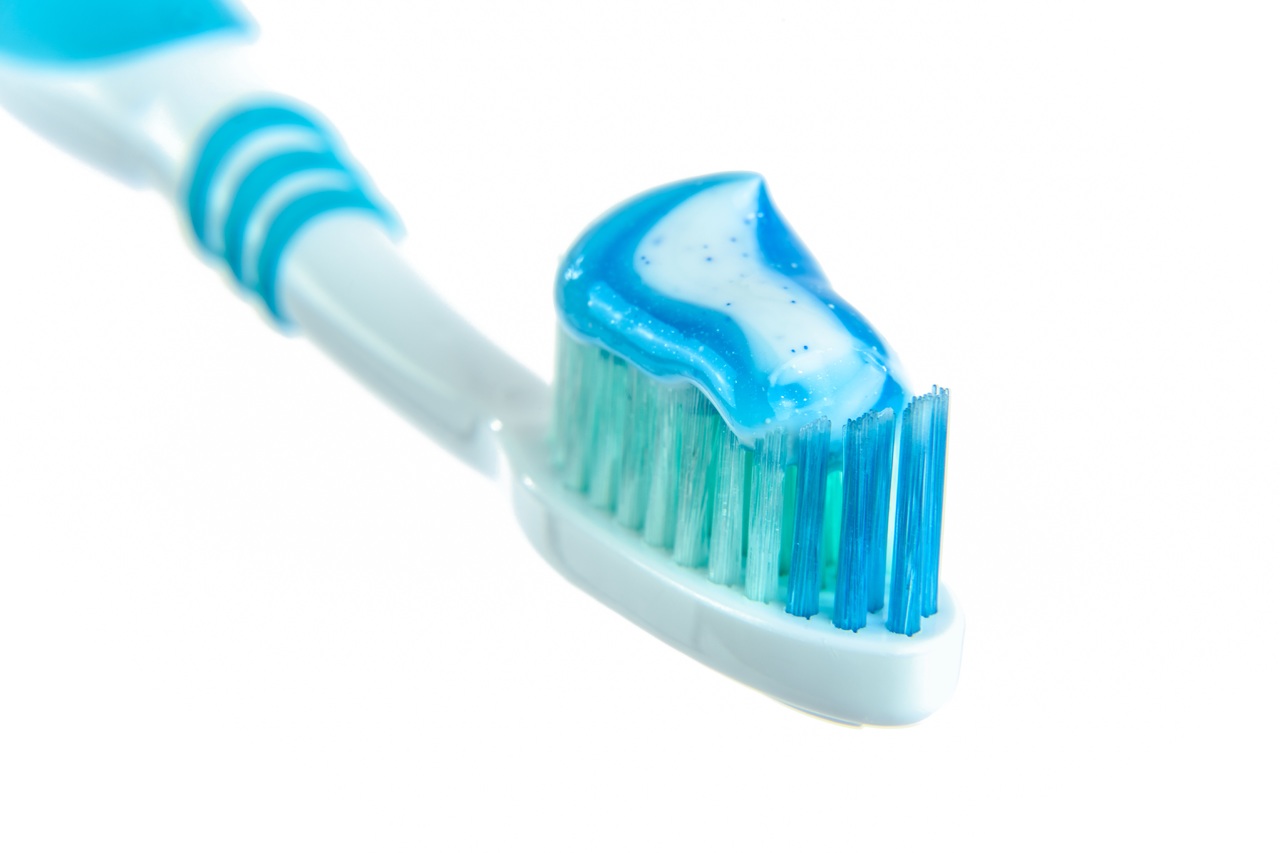 The approach for treating bad breath is to first determine its cause.
The approach for treating bad breath is to first determine its cause.
In general, the simplest and oftentimes most effective “trick” is to increase the quality of your regular dental hygiene. That is to say, no more ten second scrubs, no more skimping out on brushing, no more neglect.
As part of one’s daily routine, at minimum, one should:
- Brush both the teeth and
- Slowly and carefully floss between each tooth.
- Brush the tongue (an abundant source of bacteria)
Table of Contents
Cleaning Your Teeth
Your dentist most likely recommended you to brush your teeth twice daily using fluoride toothpaste. It is imperative that you do so.
Below are some useful tips on how to properly brush your teeth (it is not as simple as one might think) and to maintain healthy teeth and gums:
- When picking a toothbrush, select either a small or medium-sized toothbrush that have multi-tufted, soft synthetic bristles.
- Switch the toothbrush every three to four mouths.
- No more 10 second brushes. Brush your teeth for at least two minutes. If you need to, bring a toothbrush with you to work or school so that you can brush your teeth after eating.
- Scrub all areas of your teeth, but pay particular attention to the area where the teeth and gums meet.
- Depending on any specific problems you may have, your dentist may suggest that you use a single-tufted brush.
- Either have a second toothbrush or a tongue scraper specifically for brushing your tongue. Alternatively, purchase a toothbrush with a tongue cleaner behind its brush head.
- Floss regularly; food stuck between teeth can easily lead to tooth decay. Keep in mind that brushing only covers approximately 60% of the tooth’s surface.
- The dentist may recommend that you rinse your mouth on a daily basis with an anti-odor or anti-bacterial mouthwash. As effective as it is, it should NOT replace brushing, but should be used to supplement your current oral maintenance routine.
- In order to prevent tooth erosion, do not brush your teeth until at least 30 minutes after drinking an acidic drink such as lemon juice, or eating acidic fruits like oranges.
Keep Dentures Clean
If you are equipped with dentures, take them out at night to allow your mouth some time to rest. Make sure to thoroughly clean your dentures after taking them out, as well as before putting them back on the following morning. Here is how to do so:
- Do not apply toothpaste to your dentures, since it can cause scratches and stains.
- Use soap and lukewarm water to clean your dentures, or use denture cleaning tablets or a denture cream.
- Use a separate toothbrush to prevent cross contamination when cleaning dentures.
Following the above advice will help ensure that your dentures stay fresh and clean. It can also assist in prevent plaque build-up, which can easily result in bad breath.
Keeping Your Breath Fresh
- Eat a balanced, healthy diet and avoid spicy or strongly flavored food.
- Keep sugary drinks and food down to a minimum, since it can cause an increase in bacteria in the mouth.
- Lower alcohol consumption.
- Quit smoking.
- Keep well hydrated to keep the mouth from becoming dry.
- Chew on sugar-free gum after eating to increase saliva levels in the mouth. This will assist in cleaning out remaining food particles.
Ensure that you keep your regularly scheduled dental check-ups. Doing so will prevent plaque build-up in your teeth, especially in areas that are hard to reach.
Your dentist can also give you additional tips on how to clean and maintain your teeth and gums, and show you any deficiencies you might have. They can also discover if there are signs of gum disease and treat you early, before it becomes a major problem.
Gastrointestinal Issues
If it is discovered that the cause of your bad breath is due to gastrointestinal issues, like an H. pylori infection or a condition known as gastro-esophageal reflux disease (GERD), you will have to see a gastroenterologist.
The treatment plan you will follow depends largely on the specific gastrointestinal condition you are suffering from. For instance, if you are suffering from a stomach ulcer, you will require a combination of two to three separate antibiotics as well as a proton pump inhibitor (PPI). This treatment process is known as eradiation therapy.